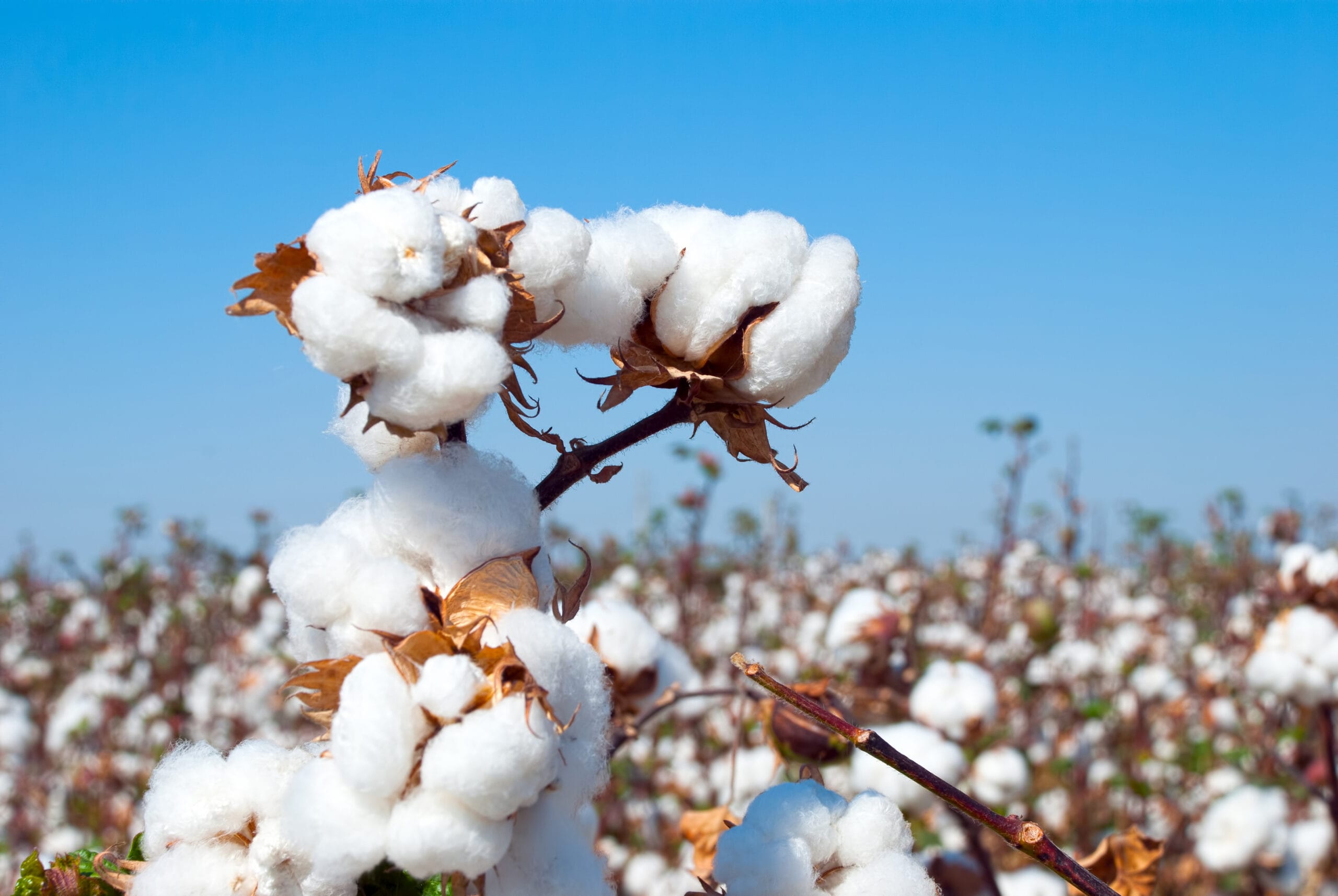Organic Content Standard (OCS) Certification – Verified Organic Material in Every Step
What is Organic Content Standard (OCS) Certification?
The Organic Content Standard (OCS) is an internationally recognized certification that verifies the presence and amount of organic material in a final product. It tracks the organic fiber from source to finished product, ensuring transparency and integrity at every stage of the supply chain.
Whether you’re a manufacturer, brand, or retailer, OCS certification helps you prove your organic claims with confidence.
Key Features of OCS Certification
Verifies use of certified organic raw materials (e.g., organic cotton, wool)
Ensures chain of custody via third-party audits
Certification available in two levels:
OCS 100 – For products containing 95–100% organic material
OCS Blended – For products with a minimum of 5% organic material blended with conventional fibers
Allows use of the OCS label on certified products

Why Organic Content Standard Certification Matters
Consumers and buyers increasingly demand verified, traceable, and ethical products. OCS certification:
Confirms organic fiber content in non-food goods
Adds value to your textiles, garments, and accessories
Helps you meet buyer and retailer compliance requirements
Enhances supply chain transparency and credibility
Helps prevent false or misleading “organic” claims (green washing)
What Products Can Be OCS Certified?
OCS is ideal for any non-food product made with organic materials, such as:
Apparel (T-shirts, hoodies, babywear, sportswear)
Home textiles (sheets, pillows, towels)
Fashion accessories and bags
Yarns, fabrics, and trims
Textile-based lifestyle products


OCS Certification Process
Raw Material Verification
Organic input must be certified under recognized standards (e.g., USDA Organic, EU Organic)
Chain of Custody Audit
Each stage (spinning, weaving, dyeing, packaging) is verified and documented
Third-Party Certification
Accredited bodies conduct inspections, verify records, and issue certificates
Label Use & Claims Approval
Certified products may carry the OCS 100 or OCS Blended logo with traceable content percentages
Benefits of OCS Certification
Increase market appeal for eco-conscious consumers
Verify organic content without full processing standards (like GOTS)
Demonstrate environmental responsibility
Improve retail and export opportunities
Provide documented proof for B2B and B2C buyers
Our OCS Certification Services
We support companies through every step of the OCS certification process:
Our Services Include:
Application and document preparation
Organic source verification and chain of custody support
Audit readiness and internal compliance review
Testing coordination and claim validation
Ongoing compliance, renewal, and label assistance
Why Choose Us?
Certified expertise in OCS, GOTS, and textile sustainability
Global knowledge of organic supply chains and compliance systems
Fast and reliable service tailored to your production scale
End-to-end support for manufacturers, exporters, and brands
Proven track record of helping clients unlock sustainable growth
Start Your Organic Certification Journey with OCS
Take the next step toward trust, transparency, and traceability. The Organic Content Standard (OCS) helps your business stand out in the growing market for responsible, organic products.
Contact us today to begin your OCS certification process — and let your products speak for the planet.
